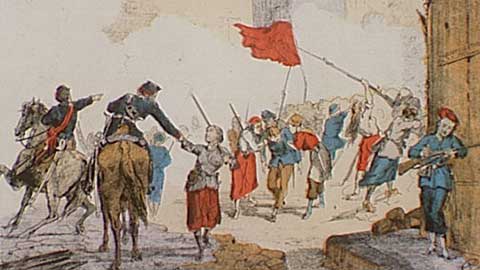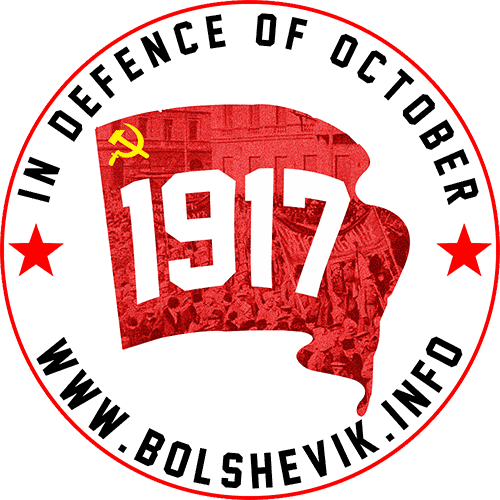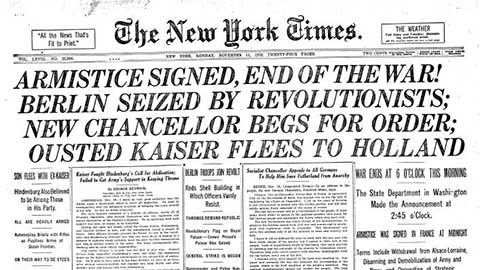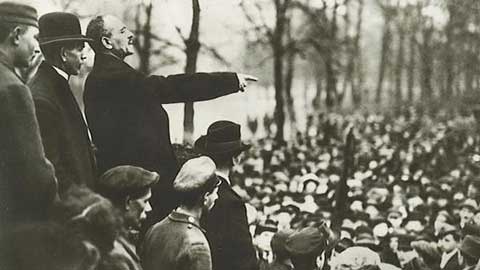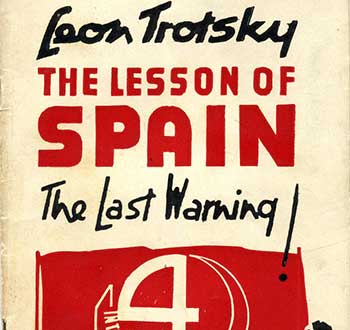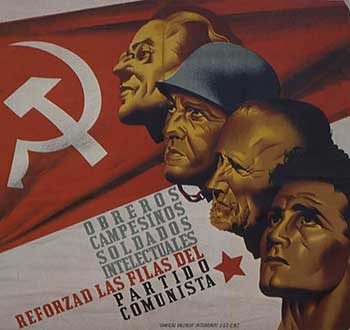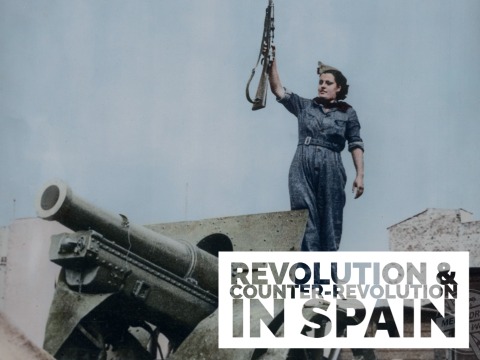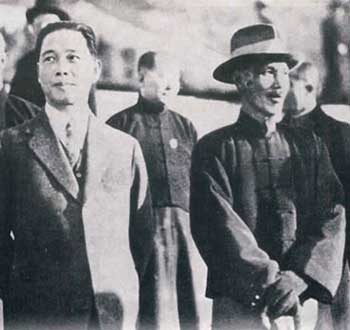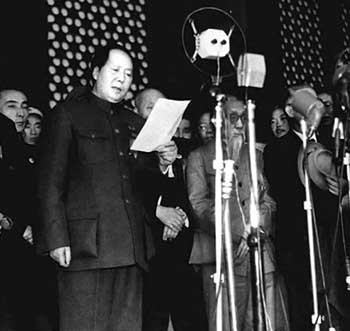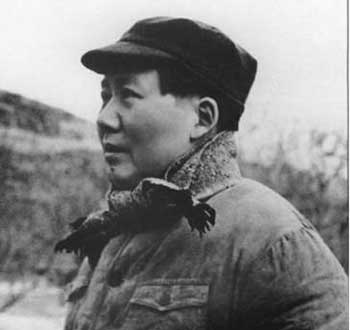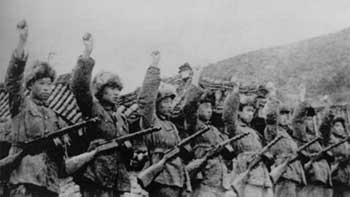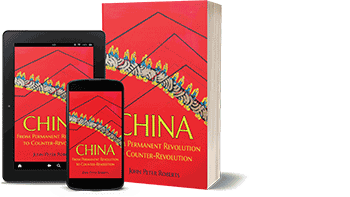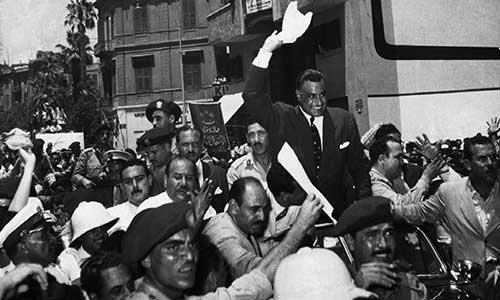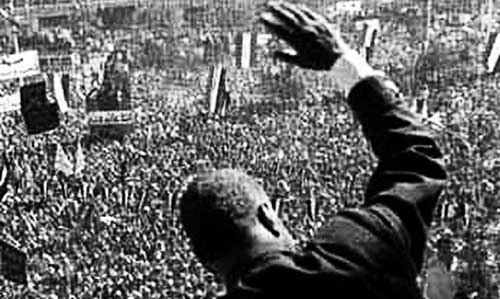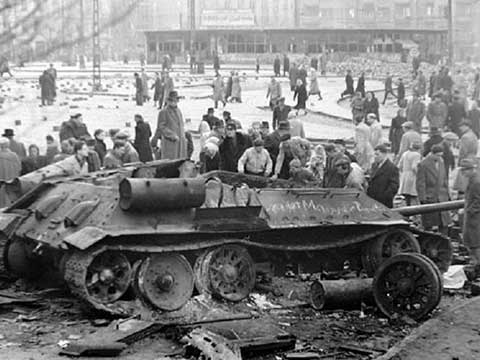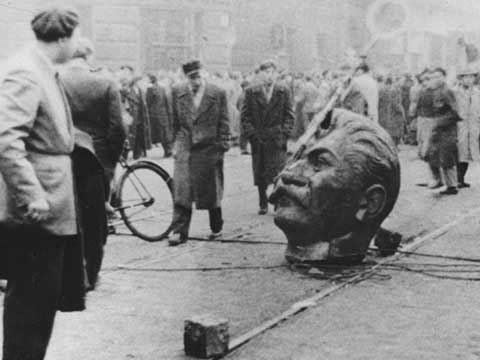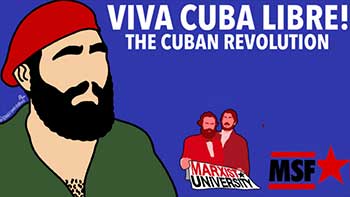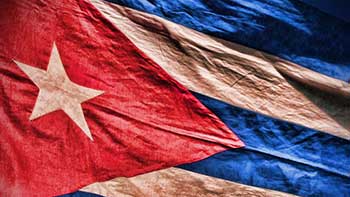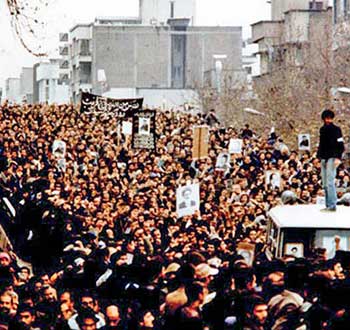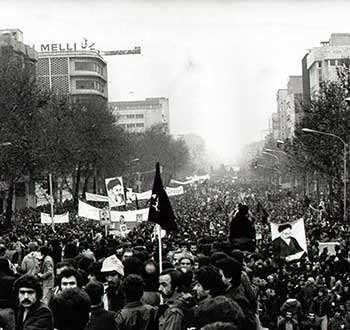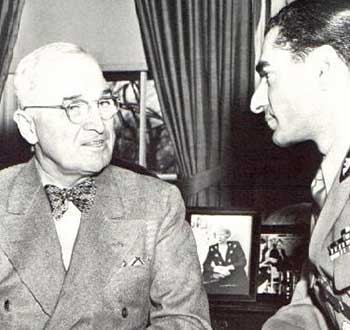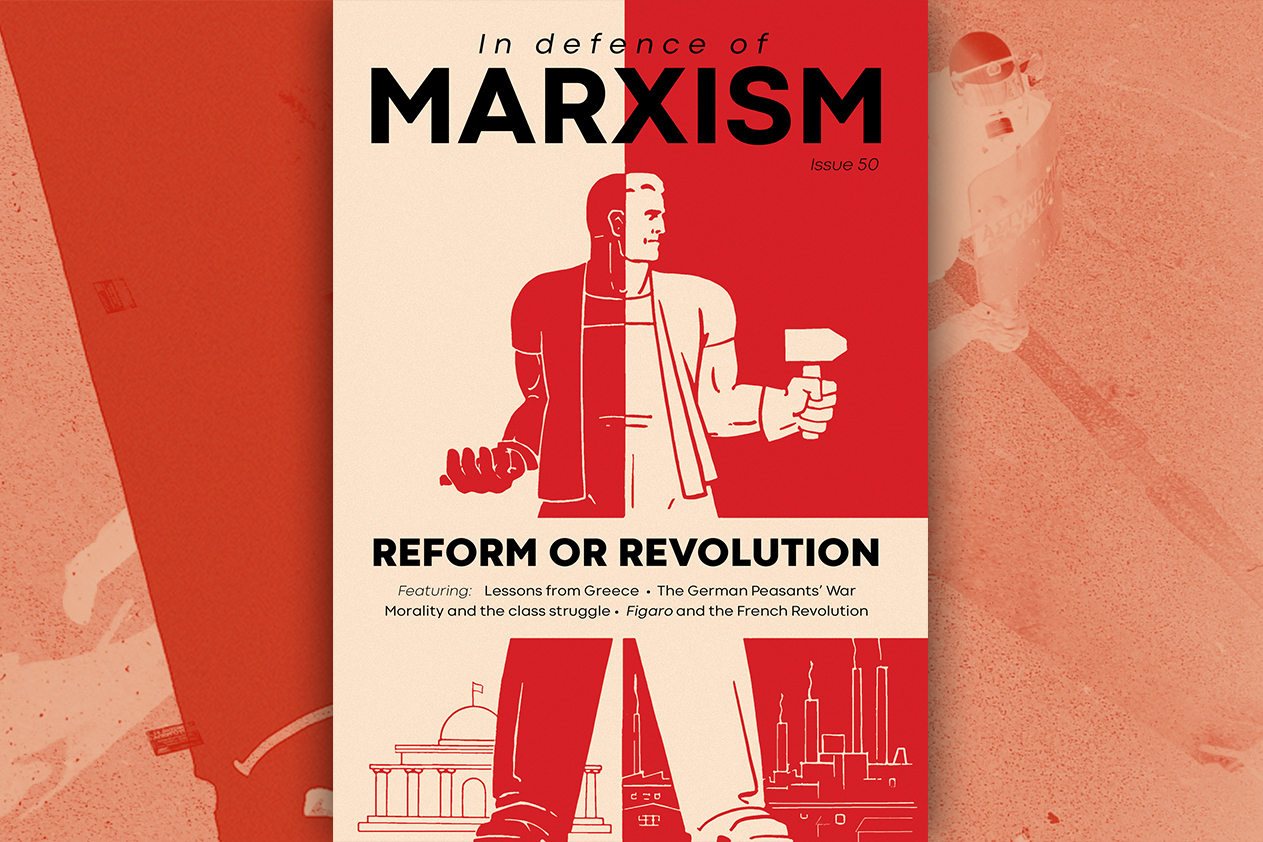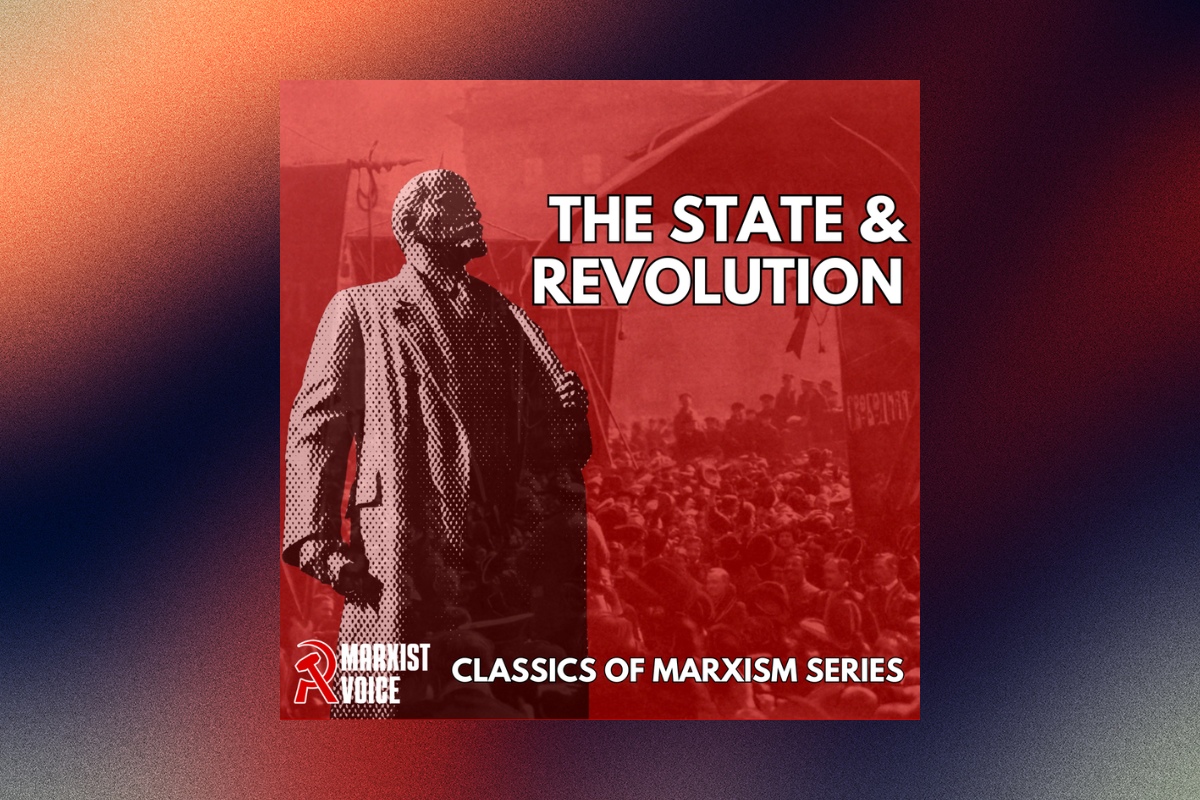Our task is to learn the lessons from history in order to prepare for the revolutionary events taking place today and in the future.
The ideas of Marxism and the need for a revolutionary party are not the result simply of a single individual, but arise from the study of history – the history of class struggle. In this respect, the revolutionary party is often referred to as being the memory of the working class, and our task is to learn the lessons from history in order to prepare for the revolutionary events taking place today and in the future.
In this section we present a series of articles, videos and audios covering the key revolutionary struggles in history – from the early class struggles in Rome to the tremendous movements of the working class in the 20th Century. By reading, watching, and listening to these, our readers should gain a good overview of the history of the revolutionary movement and the main lessons to be learnt from these.
For analysis of 21st Century revolutionary movements, check out the News and Analysis sections of the website.
Class struggles in Rome
Marxist classics
& books
This important series by Alan Woods provides a Marxist explanation of the processes that led to the collapse of the Roman Republic. Here the method of historical materialism is used to shed light on an important turning-point in world history.
Under Spartacus' leadership, a tiny band of rebel gladiators grew into a huge revolutionary army, numbering about 100,000. In the end the full force of the Roman army was needed to crush the revolt.
English Revolution
Marxist classics
& books
Oliver Cromwell was the outstanding leader of the English bourgeois revolution of the 1640s. Without him, with his steadfast courage and determination, the Revolution would have been betrayed by the big bourgeoisie who continually sought an accommodation with the Crown.
The conditions for the development of modern capitalism in Britain came about as the result of a bloody civil war and revolution which saw the execution of a king and the violent overthrow of those who tried to defend the old way of doing things.
The civil war in the 17th century saw the forces of Parliament battling against the monarchy of Charles I, fighting for power over England. In essence, this was a revolutionary struggle for domination by the rising bourgeois class of merchants and bankers – an attempt to usurp the old feudal institutions of the monarchy.
A careful study of the English Revolution is obligatory for every class-conscious worker. In this 18 part series, Alan Woods discusses this colossal event in world history, which dealt an irreparable blow to feudal absolutism and paved the way for modern democracy as we know it.
French Revolution
Marxist classics
& books
This article was originally written in 1989 to commemorate 200 years of the Great French Revolution, with a new introduction by the author. Alan Woods explains the internal dynamics of the revolution and above all the role played by the masses.
Alan Woods looks into the characteristics of Napoleon Bonaparte, who fitted the needs of the reactionary bourgeoisie as it attempted to consolidate its grip on French society and sweep to one side the most revolutionary elements who had played a key role in guaranteeing the victory of the revolution.
Greg Oxley speaks on the French Revolution of 1789 at a World School of the IMT.
American Revolution
Marxist classics
& books
Unfortunately, most historians, and even some so-called Marxists, present a caricatured version of the American Revolution. Some even deny that it was a “real” revolution at all.
In this book, Alan Woods' draws on the marvelous traditions of struggle throughout U.S. history. Providing one example after another, he shows how the ideas of socialism and communism are not recent, "foreign" importations, but have deep roots in the American tradition itself.
John Peterson from the American IMT speaking on the American Revolution at a World School of the IMT.
Chartism
Marxist classics
& books
As Engels stated, if the Chartists' programme had been put into practice, it would have amount to the overthrow of the entire British establishment. In this discussion, Josh Holroyd discusses why it is vital that we understand the history of the workers’ movement.
In this video, Rob Sewell presents his book Chartist Revolution, which delves into this radical episode in British history. He analyses the moment when the working class began to flex its muscles and demand key political rights, such as the right to vote, and how revolutionary conclusions were forced in the struggle itself.
We are excited to announce the publication of a new book by Rob Sewell, editor of Socialist Appeal, on Chartism: a titanic struggle by British workers in the 1800s that involved arming, general strikes and insurrection, a fact buried by official 'histories'. Get your copy from Wellred! (also available as ebook)
Paris Commune of 1871
Marxist classics
& books
The Paris Commune of 1871 was one of the greatest and most inspiring episodes in the history of the working class. In a tremendous revolutionary movement, the working people of Paris replaced the capitalist state with their own organs of government and held political power for several months.
Speaking on the 1871 Paris Commune at an IMT Winter School in Berlin, Greg Oxley explained: “The history of the Paris Commune is not just history, but it is our history. It is really the beginning of the concsious struggle for socialism.”
“The Commune shows us the heroism of the working masses, their capacity to unite into a single bloc, their talent to sacrifice themselves in the name of the future, but at the same time it shows us the incapacity of the masses to choose their path, their indecision in the leadership of the movement ... thus permitting the enemy to regain its breath, to reestablish its position.”
Russian Revolution of 1917
Marxist classics
& books
The website www.bolshevik.info is dedicated to the Russian Revolution, with videos, reading guides, biographies, timelines and much more for all those who wish to study the Revolution and the ideas of Bolshevism.
A series of videos with Alan Woods discussing the events of 1917, to celebrate the centenary anniversary of the Russian Revolution.
* In Defence of the Russian Revolution – part 2
* The February Revolution of 1917
* The April Theses: Lenin rearms the Bolsheviks
* June Days: The temperature rises
* July Days: Counter-revolution within the revolution
* The Kornilov Coup
* The October Revolution: the masses take power
German revolution
Marxist classics
& books
In 1918-19 the German workers could have taken power. Had they done so, world history would have been very different.
A successful German revolution would have had a huge impact on the workers of Europe, breaking the isolation of Soviet Russia and thus stopping the Stalinist degeneration.
Speaking at the opening rally of Revolution Festival 2018, Marie Frederiksen and Rob Sewell discuss their new books about Rosa Luxemburg and the German Revolution.
The barbarity of the Nazis is well documented. Less well known are the events that preceded Hitler's rise to power. Rob Sewell gives a picture of these tumultuous events. Available from Wellred in paper copy and as an ebook.
Germany 1918-33 was one of the most tumultuous periods in history. Unfortunately, the revolution was betrayed by the Social Democratic leaders. In this book, Rob Sewell argues that all this was not inevitable, and analyses those events, drawing out the lessons for today.
Spanish Revolution
Marxist classics
& books
In 1973, as the situation in Spain moved towards revolution and final overthrow of the hated Franco regime, Ted Grant wrote this document drawing all the lessons from those tumultuous events.
See also the introduction to Trotsky's pamphlet, written in 1938 by Ted Grant in collaboration with Ralph Lee while they were in the Workers' International League: a predecessor to the IMT.
Jorge Martín speaking on the Spanish Revolution at a ULU Marxist Summer School in London.
A recording from the Red October 2015 weekend school, in which Jorge Martin discusses the lessons of the Spanish Revolution of 1931-37, and explains their relevance to the situation in Spain today.
Felix Morrow's book, written in the white heat of the struggle, remains a Marxist classic on the Spanish Civil war. It is one of the clearest accounts produced of the movement of the Spanish masses, describing the events in Catalonia and the role of all those involved.
Chinese Revolution
Marxist classics
& books
On the 90th anniversary of the founding of the Chinese Communist Party we published a series of articles that trace the origins and subsequent development of this party, which has played a key role in world history.
Millions of human beings, who had hitherto been the beasts of burden of imperialism, threw off the humiliating yoke of imperialism and capitalism, and entered the stage of world history.
Daniel Morley looks back at the 1925-27 revolution, which was a heroic attempt of the Chinese workers to follow in the footsteps of the October 1917 Russian Revolution.
From 1937-45, China became one of the main theatres of the Second World War. Only 4 years later the immense Chinese revolution was finally completed, freeing China from imperialist domination.
In this talk from the 2019 Revolution Festival, Daniel Morley looks back at the events leading up to the 1949 Chinese Revolution, explaining why the revolution played out as it did, and discussing the process that has unfolded since: from revolution to Tiananmen to capitalism.
This book is a comprehensive analysis of the revolutionary history of China, from the early 20th century to the present era of crisis, aided by a wealth of research which cuts across the many historical distortions both of bourgeois academia and of the Chinese Communist Party.
Nasserism
Marxist classics
& books
No other Arab leader has ever achieved the same popularity as the revolutionary colonel Nasser. His attempt to create a modern, industrialised and civilized Egypt was immediately met with opposition on the part of imperialism.
Francesco Merli speaking on Nasserism at a World School of the IMT.
Hungarian Revolution
Marxist classics
& books
The Hungarian regime was socialist in name, but bureaucratic in essence. This lifeless government, which was bureaucratically deformed from its birth in 1949, was rocked in 1956 by a living movement for workers’ democracy and against Stalinist repression.
Even though its outcome was a tragic defeat, in which at least 20,000 Hungarian workers were killed and countless others injured, imprisoned and forced into hiding or exile, it nevertheless was undoubtedly the most significant pointer to future developments in the Stalinist states since the consolidation of the bureaucracy around Stalin in the 1920s.
Contrary to Stalinist slanders at the time, Hungary 1956 was never a movement for the restoration of capitalism, but an attempt by the Hungarian working class to establish a healthy socialist society. In this recording, Ben Gliniecki discusses the lessons of the this inspiring movement against Stalinism and for genuine socialism.
Cuban Revolution
Marxist classics
& books
What was the programme of the Cuban revolutionary movement? What was the social basis of that revolution? In order to understand these and other questions we must look back a few years.
In this article, originally written on the 40th anniversary of Che's death, Alan Woods looks at the evolution of Che Guevara from his early days to the day he was killed.
In this speech from 1909, Lenin explains what approach a worker’s party should take towards religion, and towards religious workers.
In this video from the LSE Marxist society, Jorge Martin discusses the life and legacy of Fidel Castro and the perspectives for the Cuban Revolution today.
May 1968
Marxist classics
& books
May 1968 was the greatest revolutionary general strike in history. This mighty movement took place at the height of the post-war economic upswing in capitalism.
Speaking at the main rally of Revolution Festival 2018, Alan Woods gives a first-hand account of the revolutionary general strike that shook France in May 1968.
Iranian Revolution
Marxist classics
& books
Iran 1979 was a genuine workers' revolution that was hijacked by the reactionary Ayatollahs because of the lack of a genuine revolutionary leadership. We must learn the lessons of those tumultuous events and prepare for the next revolutionary upsurge.
The hated regime of the Shah was overthrown by a workers' revolution in Iran in 1979. This article was written by Ted Grant in that same year.
This originally five-part document was written by Iranian Marxists on the historical roots of the Iranian revolution.

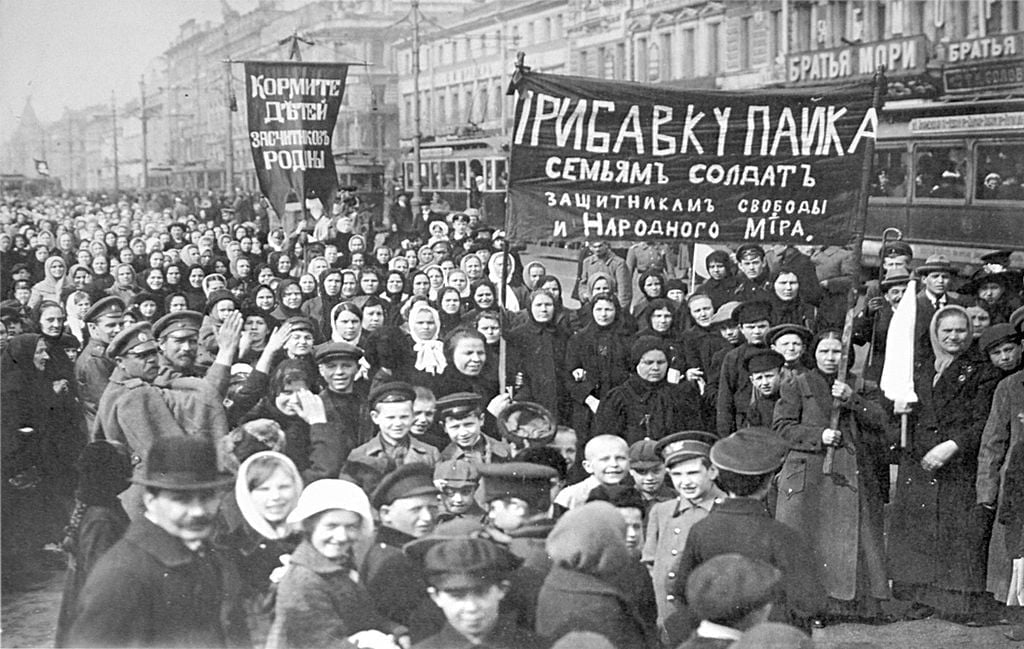

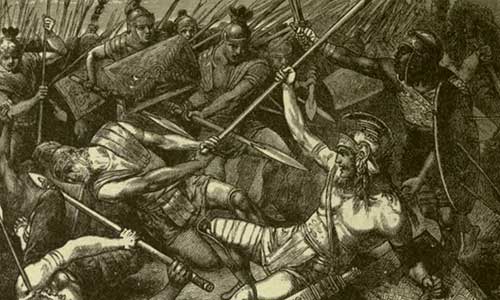
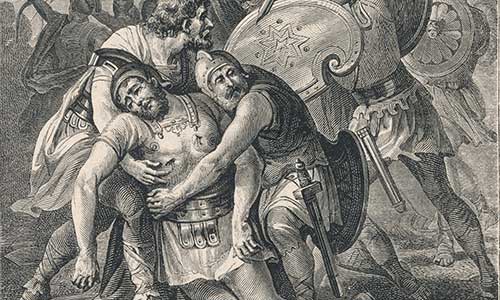

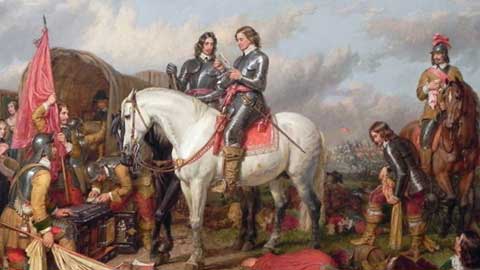
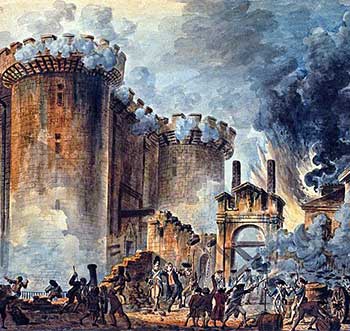
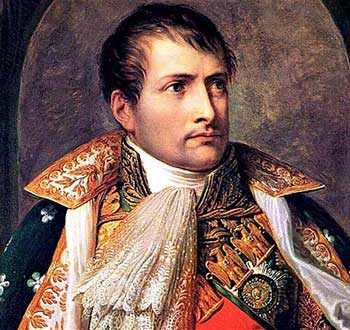
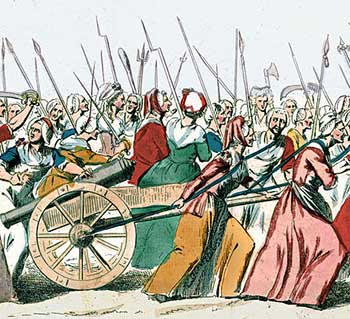
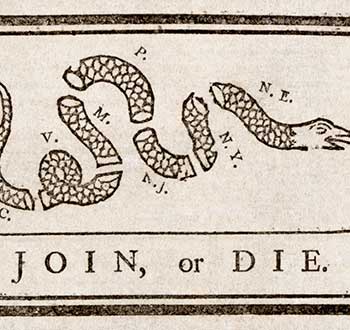


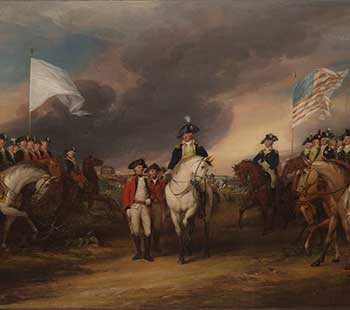

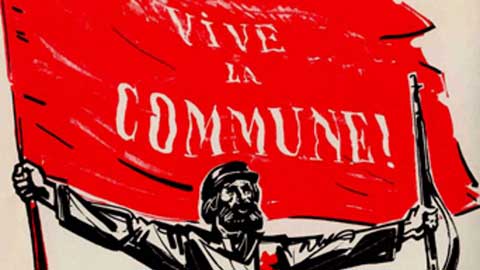
![[Audio] The Paris Commune of 1871](http://communist.red/wp-content/uploads/slider314/barricade_voltaire_lenoir_commune_paris_1871.jpeg)
